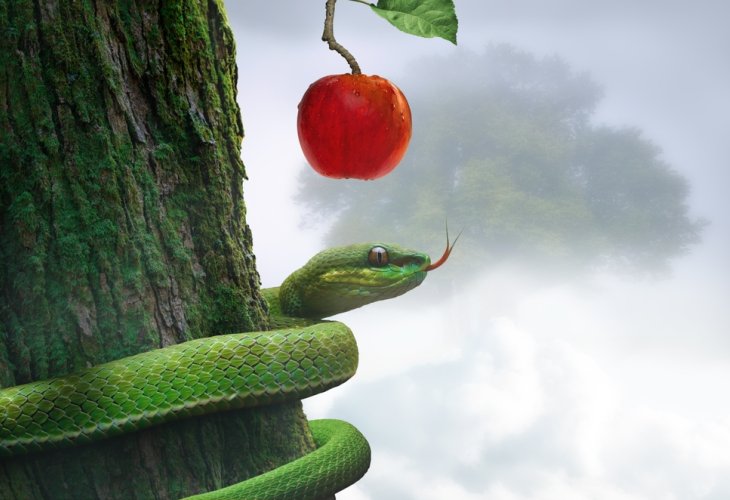In Search of God
The Serpent’s Curse Proven by Science: How the Torah Predicted a Biological Fact Thousands of Years Ago
Biological studies confirm the Torah’s description of the serpent’s curse, revealing that snakes truly cannot taste their food
 (Image: shutterstock)
(Image: shutterstock)Over 3,300 years ago, the Torah described the curse placed upon the serpent after the sin of Adam and Eve: “And the Lord God said to the serpent: Because you have done this, cursed are you above all animals and above every beast of the field; on your belly you shall go, and dust you shall eat.” (Bereishit 3:14)
The prophet Yeshayahu (Isaiah), repeated this idea about 2,700 years ago: “The serpent’s food shall be dust.” (Yeshayahu 65:25)
Centuries later, the Talmud — written about 1,700 years ago — elaborated: “Even if the serpent eats all the delicacies of the world,
it tastes in them only the taste of dust.” (Yoma 75a)
The curse of the serpent was not only physical crawling, but also the loss of taste — everything it eats tastes like dust.
What Science Says Today
Modern zoological research has confirmed this precise detail. Studies of snake anatomy have revealed that snakes have no taste buds and no functional taste receptors. Their tongues are used for sensing chemicals in the air, but not for tasting food.
Everything snakes “eat” is effectively tasteless — just as described in the Torah and Talmud thousands of years ago.
Ancient Knowledge, Modern Confirmation
This discovery belongs entirely to the modern scientific age, made possible through advanced biological research and microscopic imaging.
How could the Torah, and later the Talmud, have stated this fact so clearly — millennia before the invention of modern science?
The answer is simple: Divine wisdom of the Torah has always contained truths about creation that science is only now beginning to uncover. Indeed, the serpent’s curse endures.

